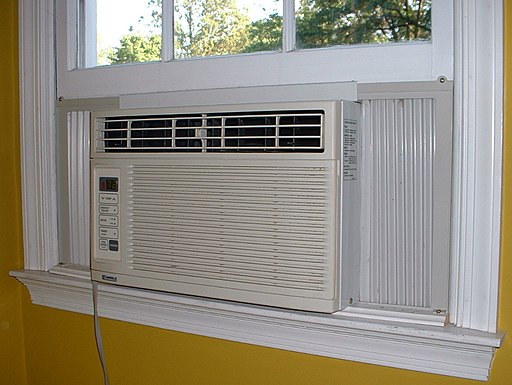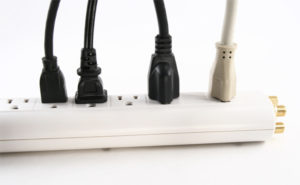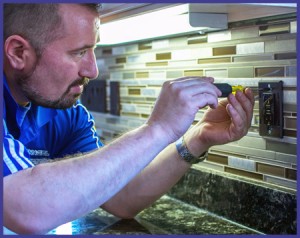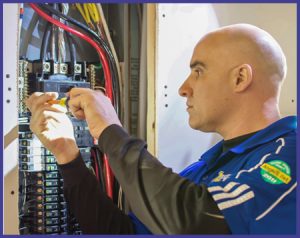Things to Consider Before Buying a Window Unit
 When central air conditioning is not an option, portable and window air conditioners make keeping cool affordable because of their high energy efficiency and low price.
When central air conditioning is not an option, portable and window air conditioners make keeping cool affordable because of their high energy efficiency and low price.
Window AC units are typically easy to install, and most provide an energy saver switch option that makes them affordable to operate when you only need to cool one room.
Research shows that an average household spends about 13% of its annual utility bills on cooling, which is why it is important to choose the right air conditioning unit. A too-large unit will cool so quickly that it doesn’t have time to remove enough moisture, leaving you with a cold, clammy space. And one that is too small will struggle to cool a room.
Consider the following before you install any type of air conditioner:
With a few exceptions, most window air conditioners will require their own dedicated circuit so they don’t overload an existing room circuit.
Stand-alone AC units are a good option in homes where window configurations or building regulations prevent the installation of window units They require minimal set-up and have casters for easy portability.
The size of a room will dictate the size of the air conditioner. Match the room’s dimensions in square feet with the AC unit’s BTU cooling capacity power, for example, 20 BTU for each square foot. But don’t buy relying on the BTUs alone. You should also make allowances for the height of your ceiling and the size of your windows and doorways.
Window air conditioners generally blow air in one direction, which can be a problem if the window location is not centered on the wall. Consider one that has fan arms that swivel or one with a powerful thrust that can distribute the air evenly to your room.
Room conditioners with an Energy Efficiency Rating capacity of 8.0 or higher will offer features such as with features such as variable fan speeds, temperature controls by degrees and not just high and low settings, a timer or programmable thermostat, energy saving settings and accessible filters for cleaning and maintenance
Older models of air conditioners are very loud and the noise could disturb light sleepers even when set on low and are distracting to all when set on high. There are excellent air conditioning units that have a quiet operation that the only sound you might hear is the fan running.
Before installing your new AC, check first with professional electricians such as Hufnagel Electric to see if your home electrical system meets the needs of the AC unit’s electrical capacities and requirements, such as voltage, amps, watts, and the correct plug face. Also, check to see if you need to install a 220-volt circuit for your unit.

 Electrical fires and accidents are common causes of injury and death in the home. Nearly every home has potential electrical hazards caused by incorrect or defective electrical wires, improper electrical connections at outlets or switches, and frayed appliance or extension cords, just to name a few.
Electrical fires and accidents are common causes of injury and death in the home. Nearly every home has potential electrical hazards caused by incorrect or defective electrical wires, improper electrical connections at outlets or switches, and frayed appliance or extension cords, just to name a few. The nonprofit Electrical Safety Foundation International (ESFI) promotes May as National Electrical Safety Month. It’s always a good idea to pay a little extra attention to something that is of such vital importance. We all use electrical devices and appliances, every day, without really thinking about it. Here is a general checklist of some things to look for or steps to take to keep your home and your family safe around electricity.
The nonprofit Electrical Safety Foundation International (ESFI) promotes May as National Electrical Safety Month. It’s always a good idea to pay a little extra attention to something that is of such vital importance. We all use electrical devices and appliances, every day, without really thinking about it. Here is a general checklist of some things to look for or steps to take to keep your home and your family safe around electricity.  Get an Electrical Inspection to Be Safe
Get an Electrical Inspection to Be Safe